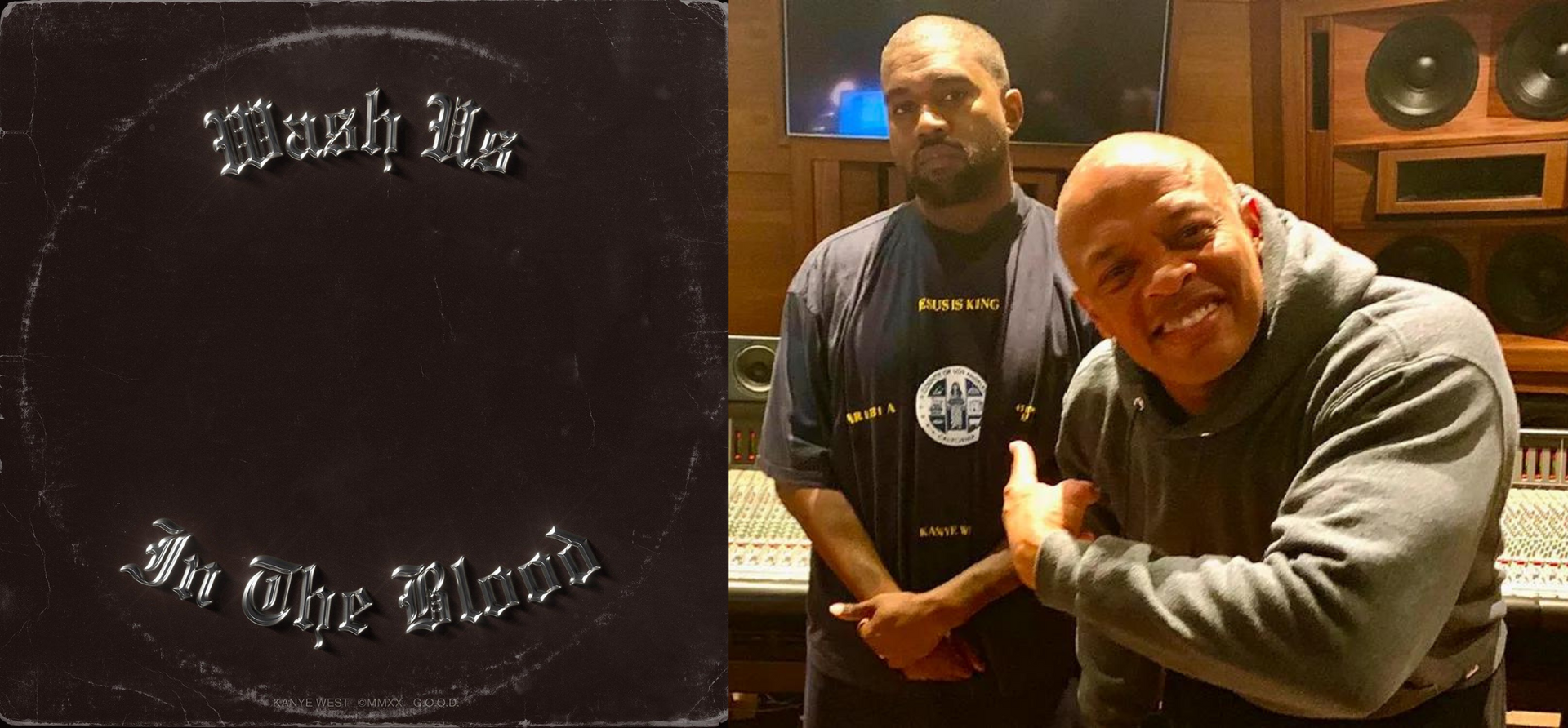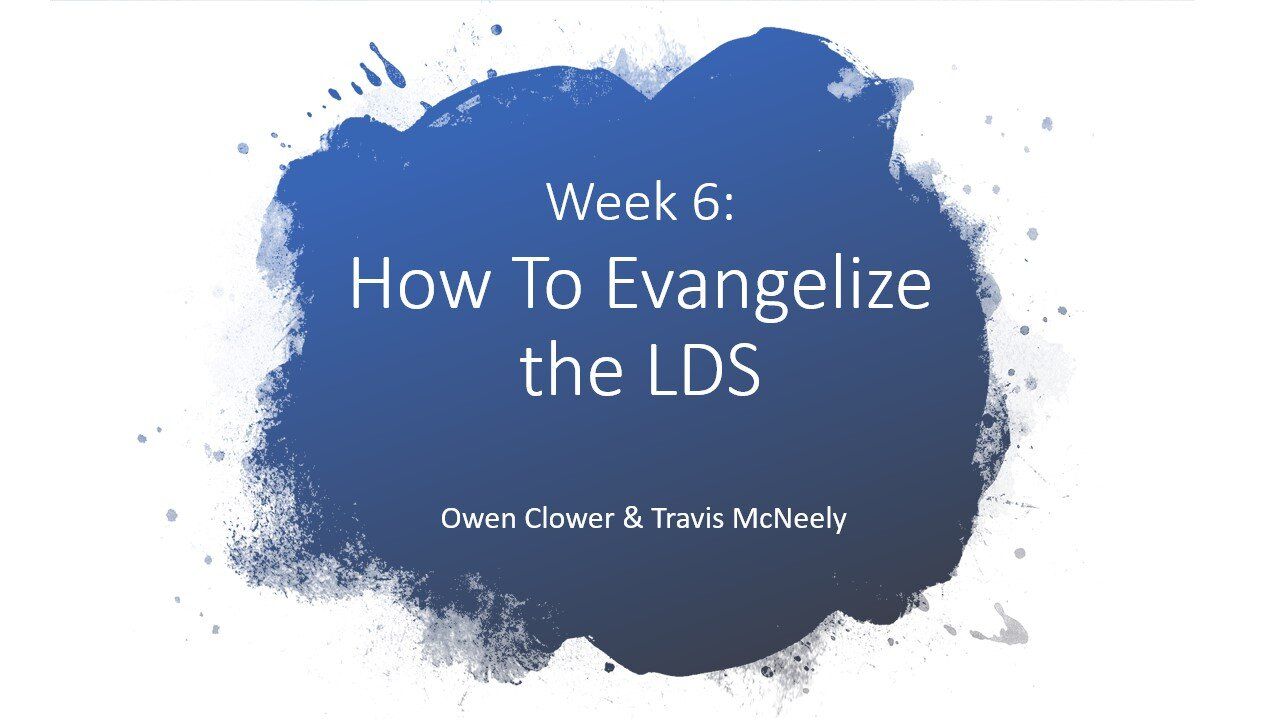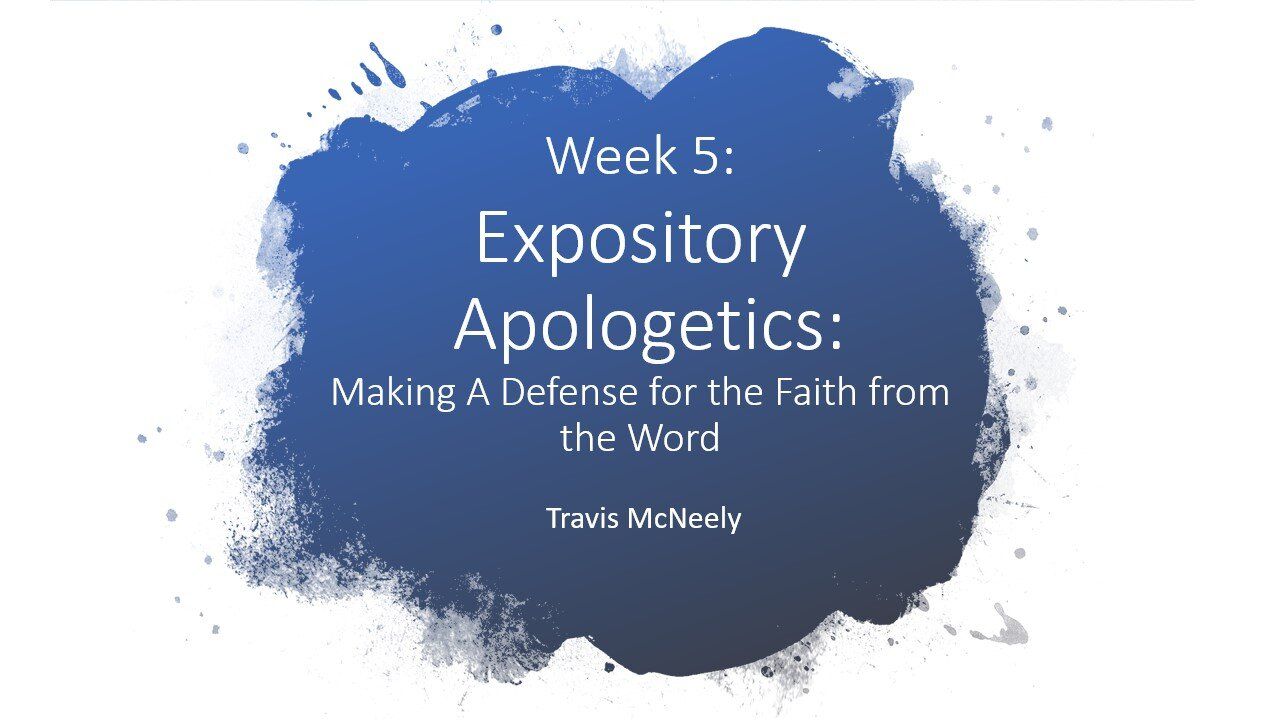A Response to "Wash Us in the Blood": An Open Letter to Kanye

From the desk of
Micheal Johnson II

Dear Mr. West,
I recently heard your new song Wash Us in the Blood. I must first say that I am thankful to God for his grace toward you, and I pray as Paul does that you will be “filled with the knowledge of his will in all spiritual wisdom and understanding so as to walk in a manner worthy of the Lord fully pleasing to him bearing fruit in every good work and increasing in the knowledge of God” (Col. 1:9-10).
I am writing with the hope that this note might aid you in that endeavor.
In your song, this line is uttered:
“Executes in thirty states
Thirty states still execute
Thou shall not kill, I shall not spill,
Nextels at the rende zvous”
It is my goal in this brief letter to give a biblical defense of the death penalty using various passages of Scripture.
"You shall not murder." Deuteronomy 5:17
Based on your previous tweets, I have noticed that you read from the KJV. This is a very fine (and time-tested) translation. However, I think it disservices you in this regard: it does not make the distinction between killing and murder. For example, if you were to kill someone while defending your own life in your own home against an intruding assailant, should you then be considered a murderer? By no means! as necessity may very well have legitimately warranted it. In such cases, Scripture does not deem you to be punished for defending yourself. On the contrary, if the assailant entering your home killed you or your family, he should be universally condemned as a murderer in its truest meaning.
"Let every person be subject to the governing authorities. For there is no authority except from God, and those that exist have been instituted by God. Therefore whoever resists the authorities resists what God has appointed, and those who resist will incur judgment. For rulers are not a terror to good conduct, but to bad. Would you have no fear of the one who is in authority? Then do what is good, and you will receive his approval, for he is God's servant for your good. But if you do wrong, be afraid, for he does not bear the sword in vain. For he is the servant of God, an avenger who carries out God's wrath on the wrongdoer. Therefore one must be in subjection, not only to avoid God's wrath but also for the sake of conscience." Romans 13:1-5
Here it is noted that those in authority "do not bear the sword in vain". What this simply means is that governing authorities exist to punish those who do evil (and also to defend those who do good, per 1 Peter 2:14). It is an unfortunate fact about living in our fallen world that they do not always uphold this responsibility reliably. Even more unfortunate is that, at times, this principle is actually corrupted-- which God condemns:
"You shall not pervert the justice due to your poor in his lawsuit. Keep far from a false charge, and do not kill the innocent and righteous, for I will not acquit the wicked." Exodus 23:6-7
There are many cases of this injustice in America’s history. In our modern day, we must all condemn true injustice when we see it and hold those responsible for this evil accountable.
A question worth asking is, Why does God specifically state the “innocent and the righteous”? The answer to which is affirmed in this command:
"Whoever sheds the blood of man, by man shall his blood be shed, for God made man in his own image." Genesis 9:6
It is important to note that this command predates the Law of Moses, meaning that it remains to the rule of law in the New Covenant. Though, as mentioned earlier, this punishment does not apply to every killing (take manslaughter for example, described in Deuteronomy 19:4-10); it does however apply to every murder (Deuteronomy 19:11-13). Why, you ask? Ultimately because laws function to communicate the values of a society (or its rulers). God's perfect laws communicate the value of human life, which is the foundation of true justice.
Justice defined is "punishing an individual according to the crime that has been committed." In the instance of someone murderously taking another's life, what punishment could be equal to their own life being taken? Nothing-- after all, all things serve us in the pursuit of life; this is why Jesus said, “Greater love has no one than this, that someone lay down his life for his friends.” (John 15:13).
If the penalty for murder involves the monetary, then you communicate that a person's value is merely monetary. If the penalty is in relation to time, then you communicate that the person's value is merely relative to time. Could this be the very reason so much anger has engulfed our society? that, all too often, murderers are not punished in proportion to the crimes they have committed? For those who murder to be given any lesser sentence than what is prescribed in Genesis 9:6 is unjust. It is immeasurably beneficial for all who would intend to murder another to heed the words of our Lord (to Peter in the garden of Gethsemane):
"Then Jesus said to him, 'Put your sword back into its place. For all who take the sword will perish by the sword.'" Matthew 26:52
Mr. West, I write this to you as a brother-in-Christ who rejoices in your faith as I see the fruit the Lord has brought forth in your life. We should all fight to ensure that (in our time on earth) we seek justice for the “innocent and the righteous” who have been wrongfully condemned by sinful men, while also seeking just punishment for the guilty.
Grace and peace be with you,
Micheal Johnson II

Want To Book Me for Your Event or Conference?
Fill out the form below and we'll be in touch!
Book Travis McNeely
We will get back to you as soon as possible
Please try again later
More posts like this...




